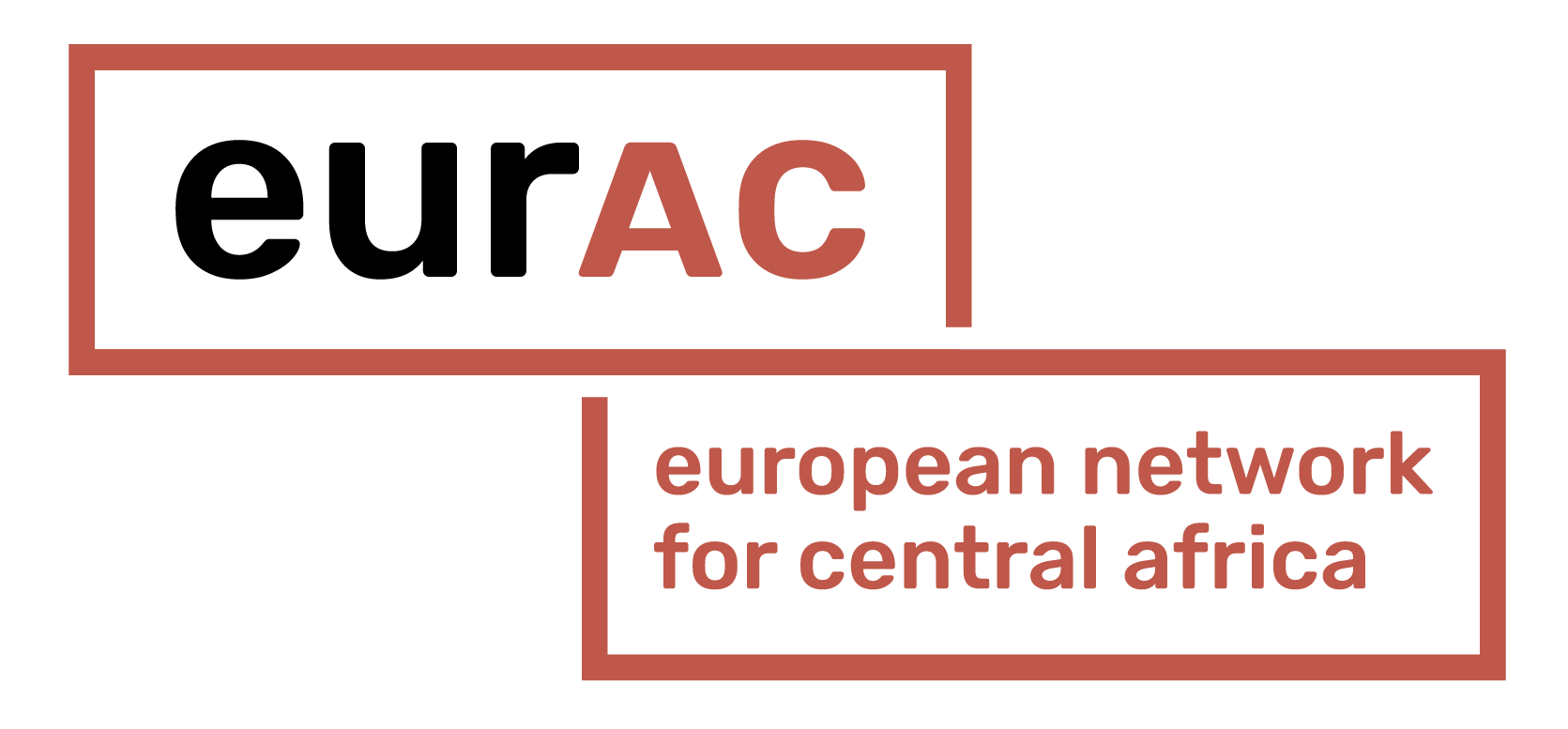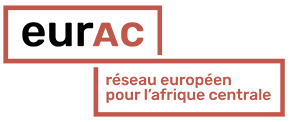Communiqué de presse - La société civile demande la transparence sur les entreprises soumises au Règlement de l'Union européenne sur l’approvisionnement de minerais 3TG
ENG - The EU Regulation on the responsible supply of tin, tungsten, tantalum and gold (3TG) from conflict-affected and high-risk areas (CAHRA) is a crucial first step towards supply chains free from human rights abuse. This Regulation was approved in 2017 and will enter into force in 2021. Before this date, the EU member states need to adopt measures to ensure its implementation.
The first implementation measures being discussed by Member States risk diluting the efficiency of the Regulation by concealing the list of companies subjected to it Civil Society Organisations (CSOs) across Europe are calling for transparency to ensure the due diligence is effective and human rights are protected.
The problem currently arising is that Member States seem to be adopting a loose interpretation of the text of the Regulation and seem unwilling to publish the list of national companies that are subjected to it. This will make it impossible for members of (national) parliaments, media, downstream industry and civil society groups both in Europe and in producing countries to monitor corporate behaviour and to raise ‘substantiated concerns’, as provided for in art 11(2) of the Regulation.
At this crucial point, CSOs in Europe are calling on their governments to make sure that their respective implementation measures include provisions for the publication of the list of national importers subject to the Regulation.
“Concealing the list of national importers would also create an uneven playing field amongst companies– monitoring would focus on companies that are already known to import 3TG, overlooking companies that are less well known”, criticizes Gesine Ames from the Ecumenical Network for Central Africa.
“The non-publication of the list of national importers will make it near impossible for third parties to raise substantiated concerns”, fears Giuseppe Cioffo from the European Network for Central Africa.
“Transparency is a fundamental requirement for effective due diligence. In view of the next member states expert meeting on the Regulation, we urge member states to ensure that the list of national importers subject to the Regulation is not only made available to competent authorities, but that it is also published annually”, calls Cornelia Heydenreich from Germanwatch.
Contact
Giuseppe Cioffo
European Network for Central Africa – EurAc
giuseppe.cioffo@eurac-network.org, +32 490 43 76 70
Signed
- ActionAid – The Netherlands (The Netherlands)
- Africa – Europe Faith and Justice Network (AEFJN – Madrid Antenna) (Spain)
- Association of Ethical Shareholders (Germany)
- Bread for the World / Brot für die Welt (Germany)
- Christian Initiative Romero (Germany)
- Commission Justice & Paix (Belgium)
- Diakonia (Sweden)
- DKA Austria – Hilfswerk der Katholischen Jungschar (Austria)
- Ecumenical Network for Central Africa (Germany)
- Eine Welt Zentrum Herne (Germany)
- Entraide & Fraternité (Belgium)
- European Network for Central Africa – EurAc
- Fairtrade Lëtzebuerg (Luxembourg)
- FOCSIV - Federazione degli Organismi Cristiani Servizio Internazionale Volontario (Italy)
- Fondazione MAGIS (Italy)
- Fundación Alboan (Spain)
- GegenStrömung – Institut für Ökologie und Aktions-Ethnologie (INFOE e.V.) (Germany)
- Germanwatch (Germany)
- Good Shepherd International Foundation (Italy)
- Justicia i Pau Barcelona (Spain)
- Norwegian Church Aid (Norway)
- PAX NL (The Netherlands)
- PMU (Sweden)
- PowerShift e.V. (Germany)
- REDES - Red de Entidades para el Desarrollo Solidario (Spain)
- Solidaritat Castelldefels Kasando (Spain)
- SOMO (The Netherlands)
- Swedwatch (Sweden)
- WEED (Germany)

